A free website focused on Modern Standard Arabic
Over the years, I have gradually ended up using my Egyptian colloquial Arabic (عامية) much more than Modern Standard Arabic, but it remains a very important and helpful part of my Arabic. I use it for reading news articles, instructions, legal stuff, religious texts, general history, and more. Since 2011, being able to read Arabic on Twitter and Facebook has been an essential part of living in the midst of the Revolution and the upheavals that took place. This week I am reviewing a website that is great for learners of Modern Standard Arabic.
Simplified Modern Standard Arabic Webcasts آخر الأخبار باللغة العربية المبسطة
Continue reading “Modern Standard Arabic, anyone?”

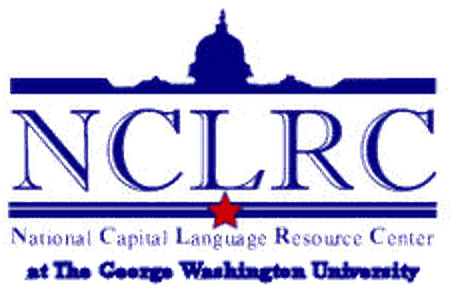
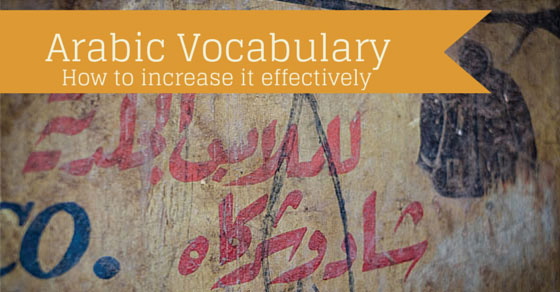


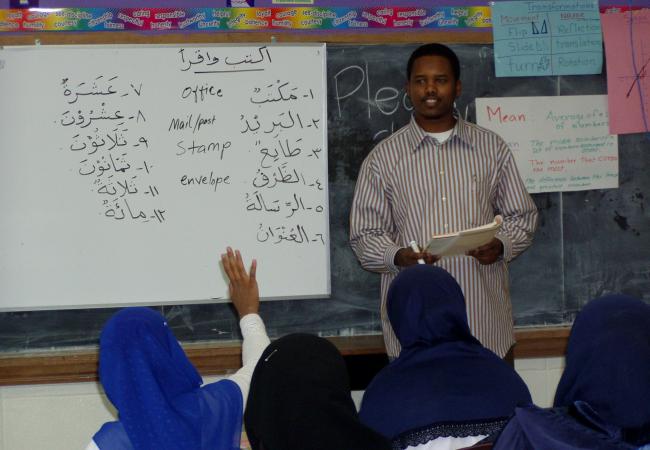
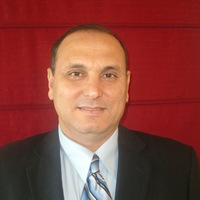
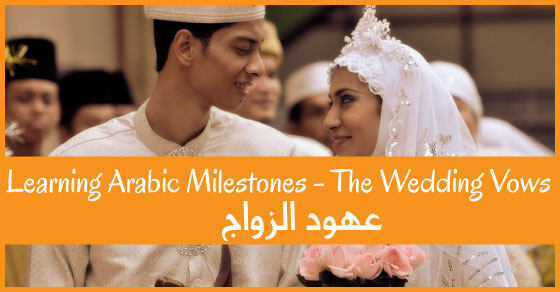

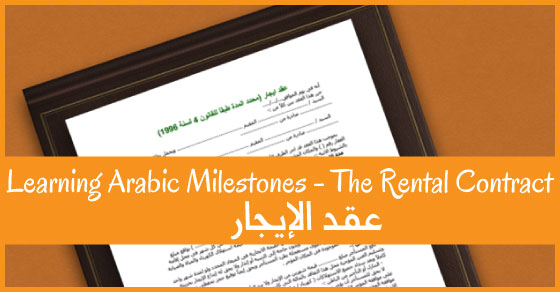

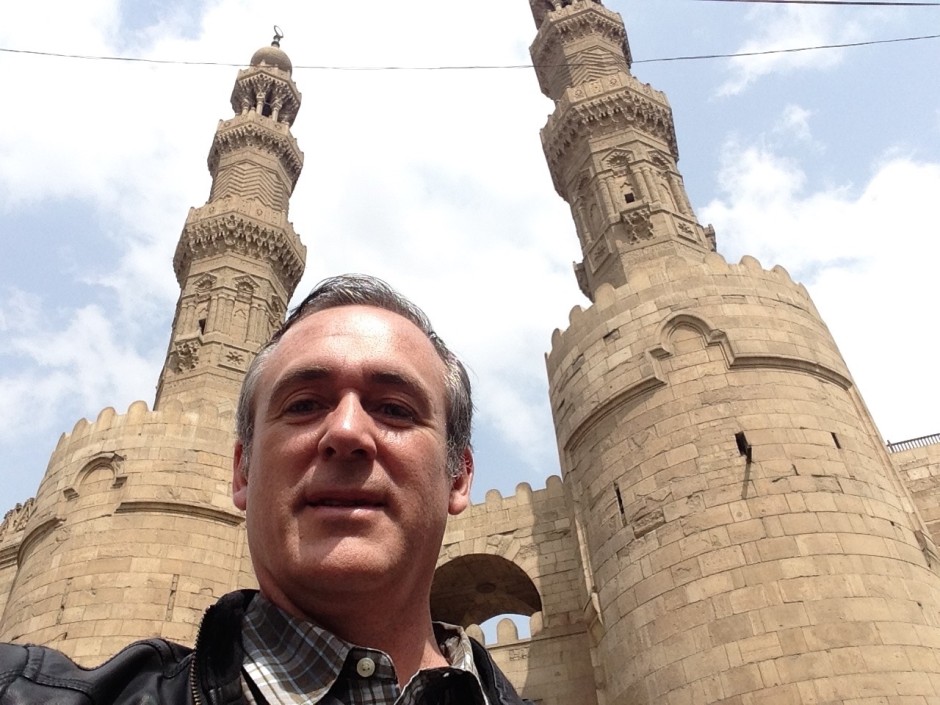
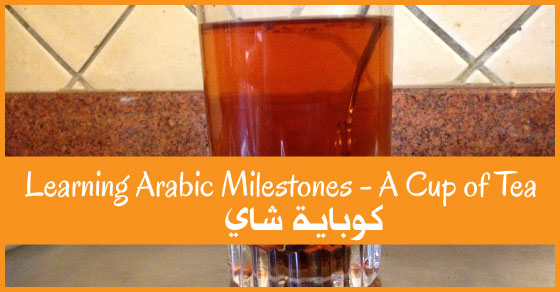
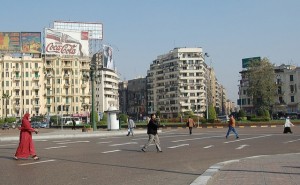

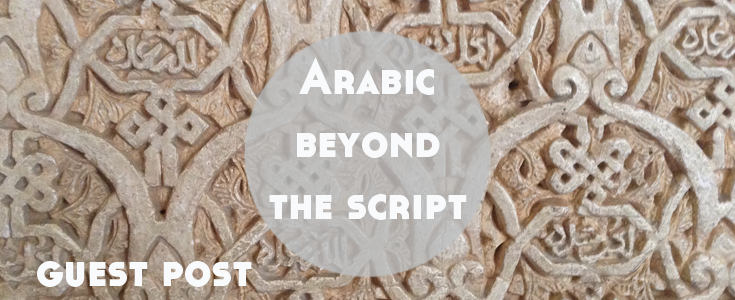
 RSS - Posts
RSS - Posts